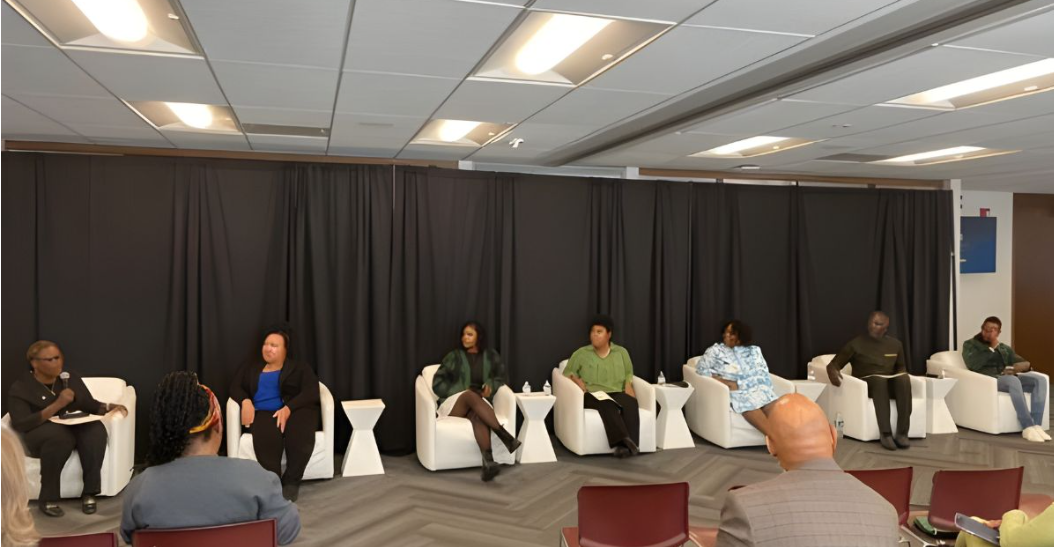Chicago Urban League Gathers Experts to Define Reparations for Black Communities

The Chicago Urban League (Chicago, IL) gathered with thought leaders to discuss reparations, particularly R3 funding (Restore Reinvest and Renew), offering suggestions for all Black communities addressing the historical impacts of slavery and ongoing injustices, including those stemming from the war on drugs which are rooted in institutional racism.
The push for reparations has become a multi-generational movement within the African American community that advocates for justice and equity. It not only acknowledges the forced labor of our African ancestors but also seeks to restore support and dignity to the descendants who continue to face systemic inequities.
The CUL’s Research and Policy Center formed a committee of residents from 10 South Side neighborhoods to define community reparations. The committee focused on five key areas: civil and legal aid, economic development, reentry, support, youth development and violence prevention, engaging over 200 residents through surveys and interviews. The committee assessed community needs and developed reparations that targeted individuals directly affected by modern-day injustice.
Karen Freeman-Wilson, CEO of the Chicago Urban League, moderated the discussion, which featured insights from Katelyn Johnson (BlackRootsAlliance), Kiara Hardin (Research Contributor), Gillian Giles (Research Contributor), S. Mayumi “Umi” Grigsby (Chief of Policy), Kamm Howard (Director of Reparations United,) and Marvin Slaughter (Board Chair of the African Descendant Citizens Reparations Commission for Illinois).
Howard discussed the historical roots of reparations activism in Chicago for the panel discussion, highlighting past efforts by groups like the Nation of Islam and the Black Panther Party. He noted that local leaders have worked hard to hold corporations accountable for their historical ties to slavery, and Chicago continues to lead the way on reparation initiatives, setting a national example.
The commission is currently focused on two main objectives: gathering data to identify gaps in community services and reviewing the slavery disclosure bill, making necessary adjustments to present it soon.
The community worries that this may result in the eventual abandonment of the project’s reparations framework. However, the Chicago Urban League and the committee plan to keep the process transparent, fostering greater community collaboration and amplifying dissenting voices regarding reparations efforts.
To read the full story, click here.

